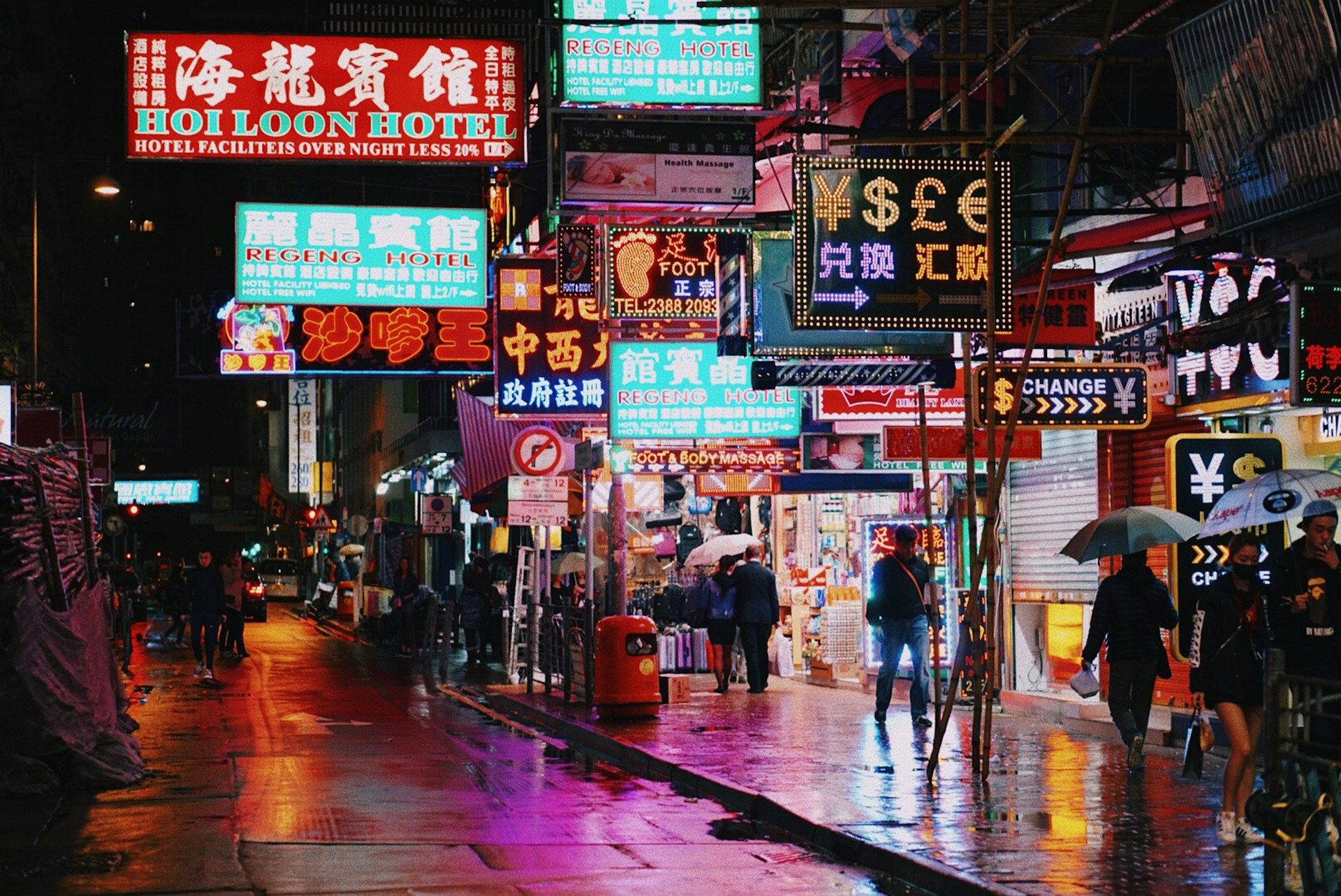Traveling to Hong Kong is not the same as traveling to China, and yet many travelers think that the experience will be similar. In reality, Hong Kong isn’t just another stop on a trip to the Asian giant.
If you’re traveling to Hong Kong, a standard guide to China’s language and etiquette won’t be the best option for you. And we’re not talking about surface-level quirks, after all; these differences shape everything: how you get around, what you can eat, how you interact with locals, and even how you access the internet. And while both places offer unforgettable adventures, understanding the contrasts can help you plan smarter, avoid frustrations, and gain a deeper appreciation of both regions.
If you’re curious to know what awaits you there, let’s talk about the differences.
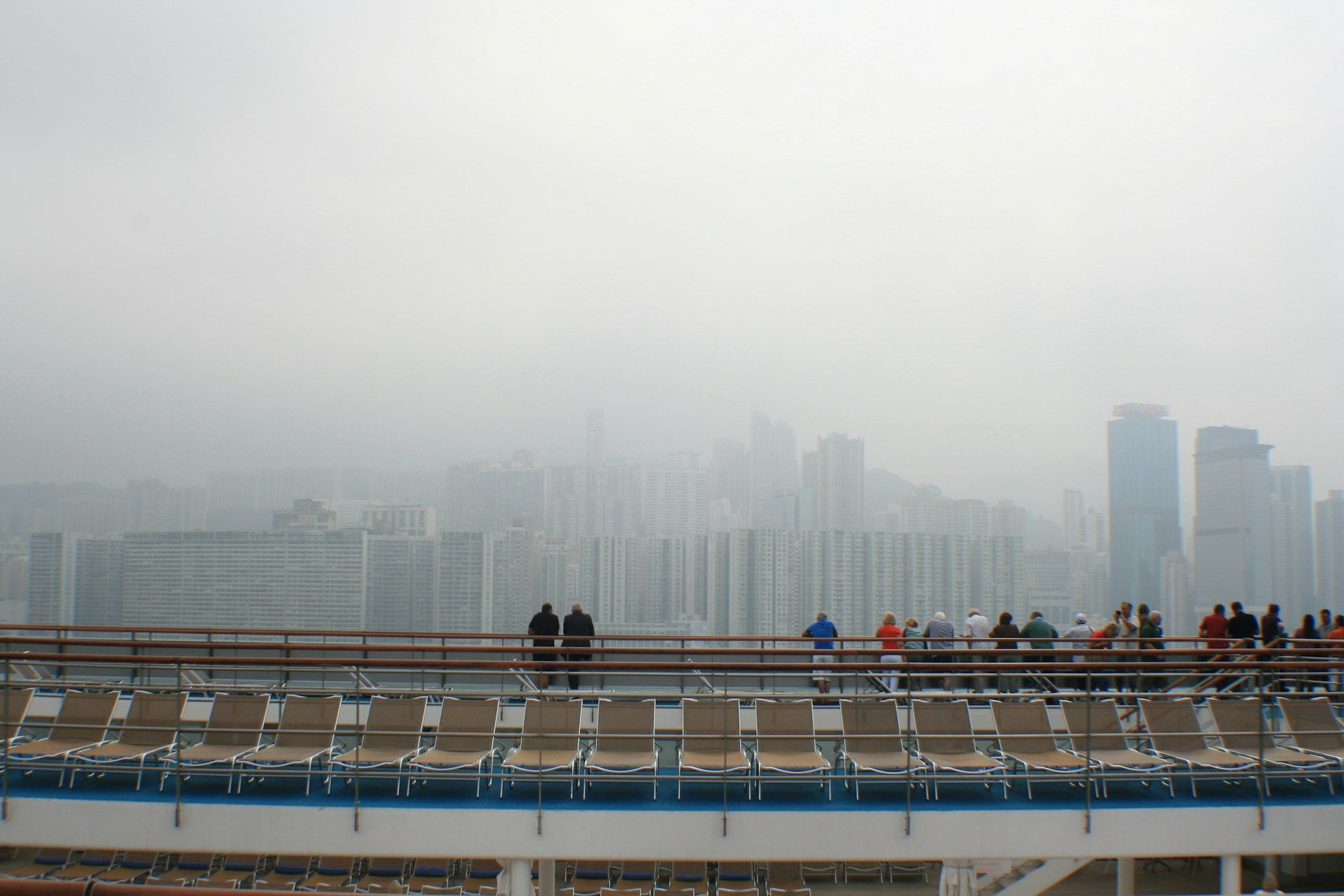
Photo by Jean Woloszczyk on Unsplash
But before you set foot on a plane, you can use this trip to try Yoho Mobile’s free eSIM and share all your photos and videos with your family and friends. Afterwards, you can use the promo code YOHO12 for 12% off.
Is visiting Hong Kong different from China?
Hong Kong is a special administrative region of China, a fact that confuses many travelers. While it is part of China, it has a distinct system in place, which was established when the UK returned Hong Kong to China in 1997. This gives Hong Kong special liberties to operate under its own legal, economic, and administrative systems. But what does this mean for travelers?
First, let’s consider border control. Even if you’re already in China, you have to go through immigration again, which means that you’ll fill out separate arrival cards, pass through customs, and possibly need different types of visas.
The currency is also different, as Hong Kong uses the Hong Kong Dollar instead of the yuan. But don’t worry, exchange counters are easy to find. The main problem is that you can’t rely on credit cards or mobile payment systems like Alipay and WeChat Pay if you come from mainland China.
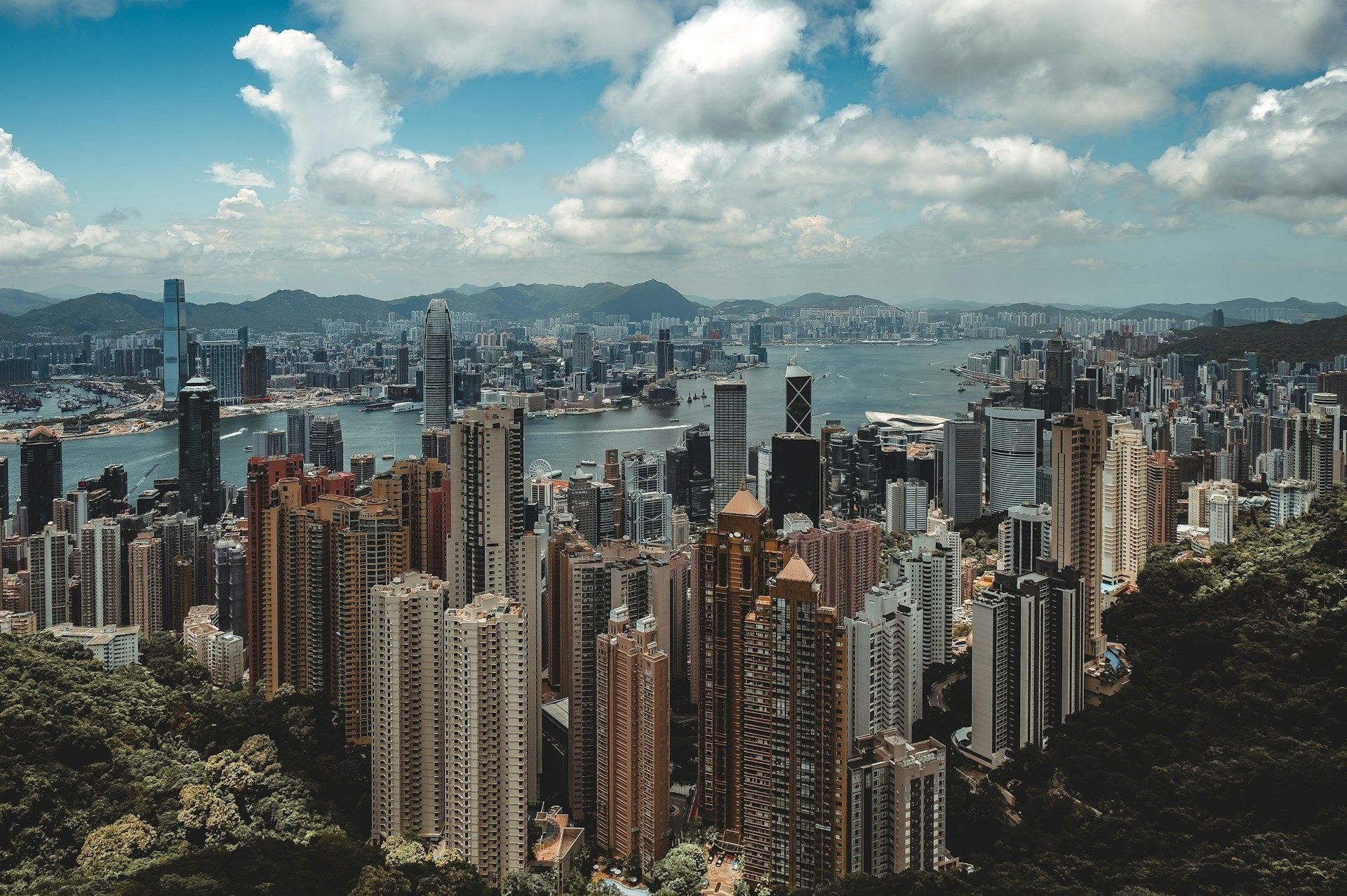
Photo by Andrew Jephson on Unsplash
Urban Rhythm: Hong Kong’s Hustle vs. Mainland’s Mix
One of the first things you’ll notice when comparing Hong Kong and Mainland China is how different the rhythm of urban life is. Hong Kong moves fast and is highly efficient. You’ll see it from the MTR (subway) to escalators, but especially in the rest of the cities, with their skyscrapers pressed tightly against green peaks, and an urgent hum 24/7. Looking around, it is easy to pick out that space is limited, as cafes, apartments, and shops tend to be compact, but every corner feels alive with energy, from financial districts to vibrant side alleys.
By contrast, mainland China offers a more diverse urban tempo, where you have plenty of options to choose from. In megacities like Shanghai or Beijing, you’ll find hustle, but also sprawling neighborhoods, wide boulevards, and pockets of stillness. Meanwhile, in second-tier cities like Chengdu or Xi’an, the pace slows dramatically. Tea houses, leisurely parks, and long, conversational meals remind you that not all of China runs on skyscraper time.
Since Hong Kong was part of the British Empire for so many years, it has leaned toward Western influence, evident in bilingual signage, business practices, and nightlife. Meanwhile, in Mainland China, one can observe more traditional routines, especially in smaller cities, where life slows down after sunset.
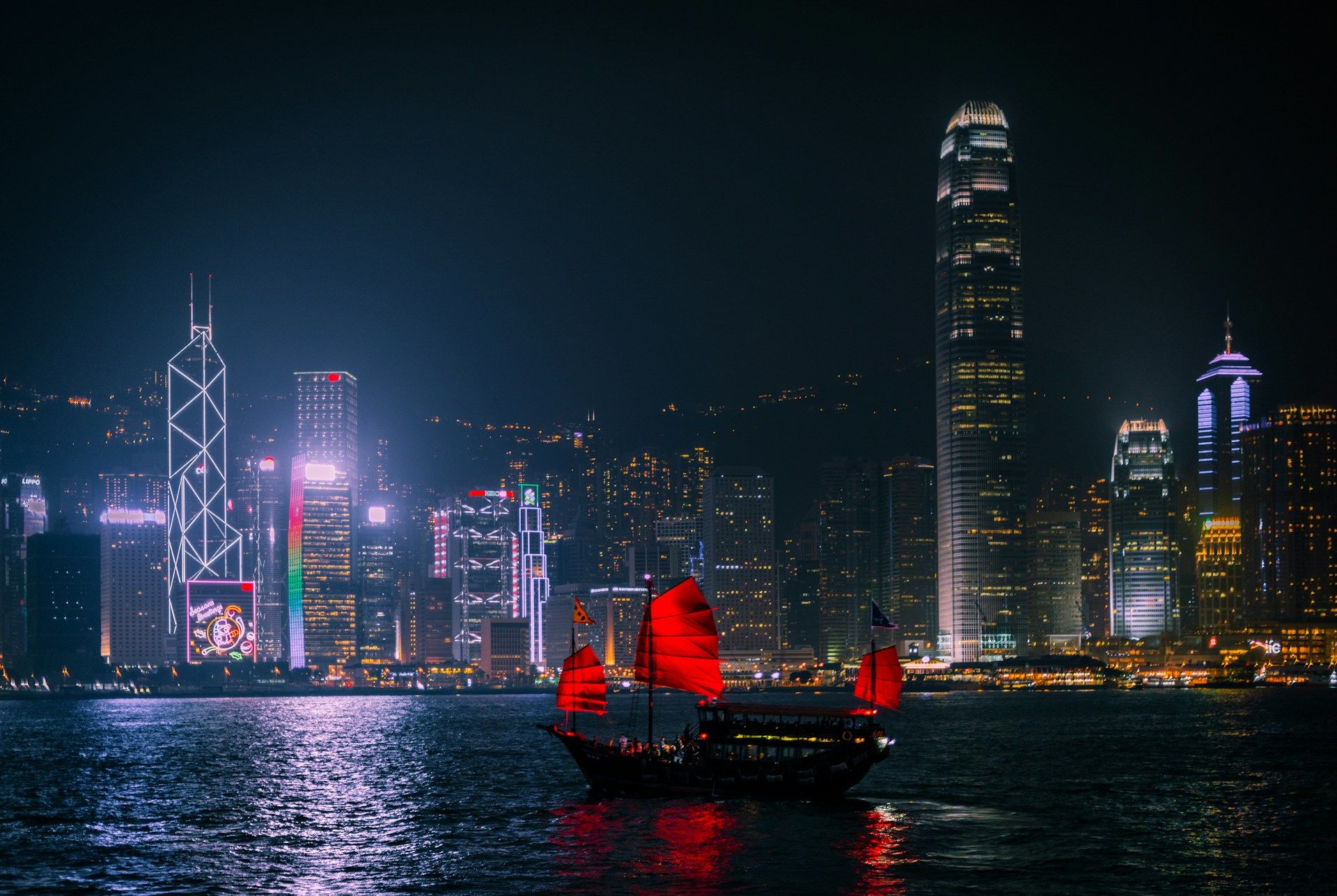
Photo by Andres Garcia on Unsplash
Public Transportation
The systems are similar in some ways, but they also have differences. Both are highly reliable, but Hong Kong’s system is smaller and more intuitive, while China’s metro systems can be vast and multilingual.
However, getting a ride-share or taxi may be easier on the mainland, where apps like DiDi are available. In contrast, in Hong Kong, English-speaking drivers and cash-friendly taxis are more common.
Everyday Etiquette: Small Gestures, Big Differences
This might seem like a small part of life that doesn’t make a difference. But it does. While rooted in Chinese cultural norms, Hong Kong and Mainland China approach daily interactions, manners, and communication quite differently.
Let’s start with the language. In Hong Kong, Cantonese is the primary spoken language, but many locals also speak English. As you can imagine, this is due to British influence. So, menus, signs, and announcements are often bilingual.
Meanwhile, in Mainland China, Mandarin is the dominant language, and outside major cities, English is often rare. Learning a few polite phrases in Mandarin and getting a good translation app goes a long way.
When it comes to personal space, Hong Kong’s tight quarters mean people are accustomed to crowding but try to be unobtrusive. In the mainland, bumping into someone on a packed subway isn’t usually followed by an apology. It’s just accepted as part of life in populous areas.
Cash and payment etiquette also differ. In Hong Kong, paying with cash or international credit cards is a common practice. In the mainland, mobile payments dominate, and even as a foreigner, you can now access platforms like Alipay or WeChat Pay, although it takes a previous setup.
And finally, tipping: In Hong Kong, a service charge is often included in restaurants, and small tips are appreciated. In mainland China, tipping isn’t customary and can sometimes cause confusion.
Culture & Heritage: Modern Skylines vs. Ancient Landmarks
Hong Kong and mainland China both have rich cultural stories to tell, but the way those stories unfold is drastically different.
Hong Kong often dazzles visitors with its sleek, vertical skyline, and upon closer inspection, you’ll find echoes of its rich history. Examples of this are colonial-era buildings like the Former Legislative Council and Taoist temples nestled between glass towers.
Mainland China, on the other hand, is a cultural giant rooted in thousands of years of continuous civilization. Think of the Terracotta Warriors, Confucian temples, Tang dynasty poetry, and ancient city walls that still stand. Each region has its own flavor, but they feel far more cohesive. And modernity is on the rise in the mainland, especially in cities like Shenzhen and Shanghai.
The Unique Side of Hong Kong
While China has plenty of beautiful places to visit and authentic experiences to have, Hong Kong doesn’t fall behind. For example, if you look behind the massive skyscrapers, you can find the Ten Thousand Buddhas Monastery in Sha Tin. This unique retreat offers a golden hillside walk that few tourists take, lined with statues in unique poses.
There’s also the Ping Shan Heritage Trail in the New Territories, which reveals walled villages and ancestral halls from centuries past. They seem worlds away from the urban core, but are an integral part of Hong Kong.
Street Food & Markets
Another common question is about the food, especially if it’s from street vendors. Is it safe to eat? And, can you bargain the price?
As for the first question, yes, street food is safe, regulated, and often nostalgic. You’ll find a dai pai dong offering egg waffles, fish balls, and satay noodles. Hygiene standards tend to be higher, with many stalls being licensed and regularly inspected, so you can feel safe. Your wallet, unfortunately, won’t feel the same, as prices can be surprisingly high for street food.
But, for the second, no, you can’t bargain. Even if the food is pricey, the price is fixed. Haggling is only possible in traditional wet markets that sell produce or dried seafood, but limited and should always be done politely.
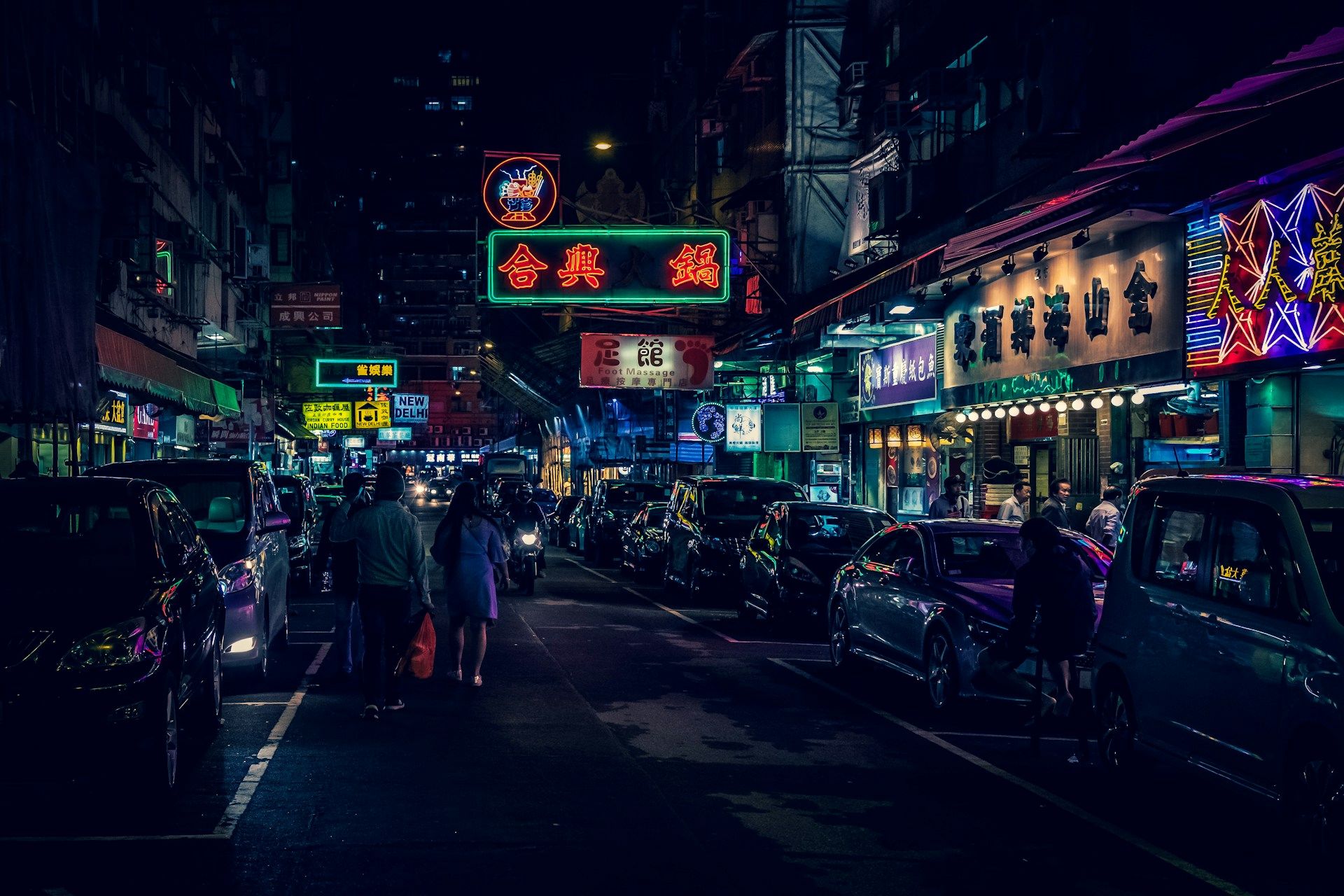
Photo by Anatoliy Gromov on Unsplash
Festivals & Local Events
Just like mainland China, Hong Kong has numerous great festivals, and planning your visit around them can make your trip truly exceptional. They manage to strike a balance and blend tradition with modern convenience. During events like the Chinese New Year, the infrastructure handles crowds well, allowing everyone to enjoy the fireworks over Victoria Harbour, lion dances, and temple fairs.
The Mid-Autumn Festival is another highlight, when the public parks light up with colorful lanterns, and mooncake stands appear across the city. Additionally, given Hong Kong’s compact nature, it’s easy to participate in these events without too much disruption to your plans.
Some uniquely local festivities that are exclusive to Hong Kong include the Cheung Chau Bun Festival, featuring bun tower climbs and parades with papier-mâché effigies. It’s quirky, highly photogenic, and accessible via ferry, so it’s perfect for travelers seeking a distinct cultural moment.
In Conclusion
Hong Kong is a dynamic, internationalized city that blends Chinese traditions with echoes of British colonialism. It’s a place where efficiency meets culture, while mainland China, in contrast, is a world of vast variety and local complexity.
Understanding these differences isn’t just about better trip planning; it’s about showing respect for the people and cultures you encounter. And once you’ve experienced both sides, you’ll never think of Hong Kong and Mainland China as the same trip again.

